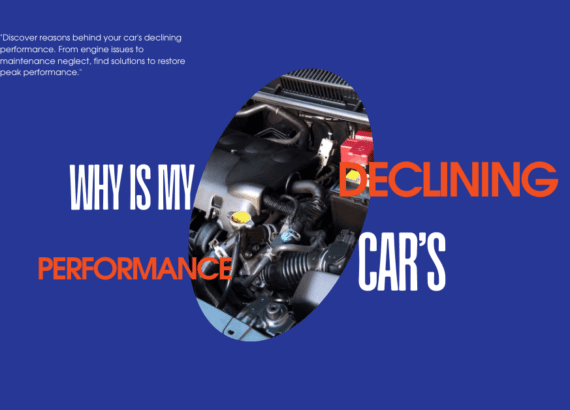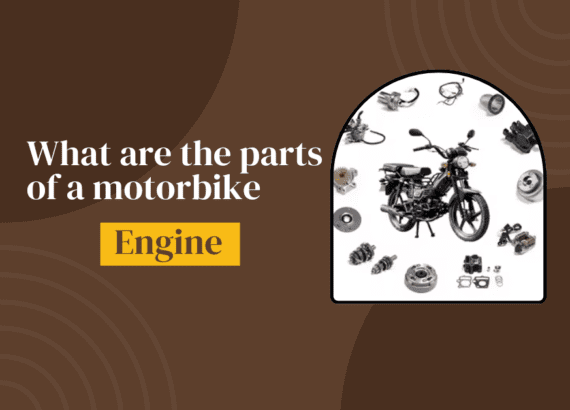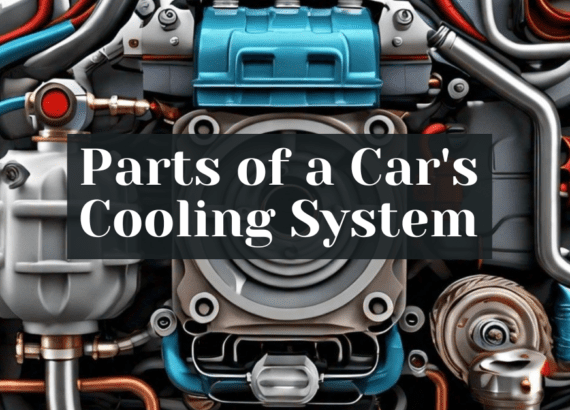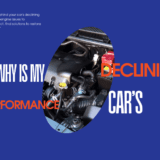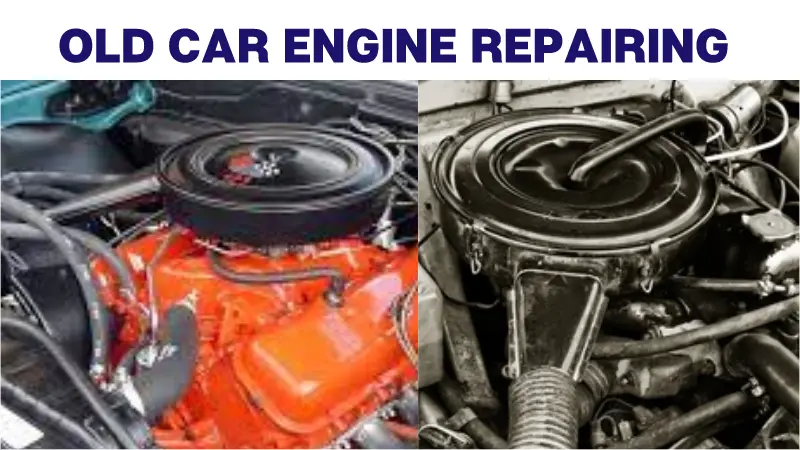MPFI vs Carburetor Engine Which is the Right option?

The debate between Multi-Point Fuel Injection (MPFI) and carburetor engines has been ongoing for years, with both technologies offering unique advantages and disadvantages. As automotive technology continues to evolve, it becomes crucial for car owners to understand the differences between these two fuel delivery systems to make an informed decision about which one is the right option for their vehicles.
Multi-Point Fuel Injection (MPFI):
Multi-Point Fuel Injection is a fuel delivery system that precisely injects fuel into each cylinder’s intake port, allowing for optimal air-fuel mixture control. Unlike its predecessor, Single-Point Fuel Injection (SPFI), which injects fuel into a single point before the intake manifold, MPFI distributes fuel to individual cylinders, providing more accurate control over combustion.
Carburetor Engines:
A carburetor is a device that blends air and fuel for an internal combustion engine. In a carburetor engine, air is drawn into the engine, and a precisely controlled amount of fuel is mixed with it before entering the combustion chamber. Unlike fuel injection systems, which directly inject fuel into the cylinders, carburetors manage the air-fuel mixture externally.

Key Characteristics of Multi-Point Fuel Injection (MPFI) Engines:
Precision Fuel Injection:
MPFI systems precisely inject the optimal amount of fuel directly into each cylinder, ensuring a well-controlled air-fuel mixture.
Electronic Control:
The engine control unit (ECU) continuously monitors critical parameters such as engine temperature, air pressure, and throttle position. It dynamically adjusts fuel delivery for optimal performance.
Improved Combustion Efficiency:
MPFI engines offer better control over the air-fuel mixture, leading to improved combustion efficiency. This results in reduced exhaust emissions and enhanced fuel economy.
Individual Cylinder Control:
MPFI systems have the ability to independently control the fuel injection for each cylinder, optimising combustion based on specific engine demands.
Adaptability to Varied Conditions:
The electronic control in MPFI engines allows them to adapt to varying driving conditions, ensuring consistent performance and fuel efficiency across different scenarios.
Key Characteristics of Carburetor Engines:
Mechanical Fuel Mixing:
Carburetor engines rely on mechanical mixing of fuel and air, adjusting the mixture based on the engine’s requirements. This method is less precise compared to electronic fuel injection.
Limited Control Mechanism:
Carburetor engines lack the advanced electronic control found in MPFI systems. This limitation results in less precise fuel delivery, potentially impacting combustion efficiency.
Simpler Design:
Carburetor engines have a simpler design compared to MPFI systems, with fewer electronic components. While this simplicity can be an advantage in some cases, it limits the engine’s adaptability and control capabilities.
Emission Challenges:
Due to the less precise control over the air-fuel mixture, carburetor engines may produce higher emissions compared to MPFI engines. This can be a significant concern in meeting modern emission standards.
Declining Popularity:
With advancements in engine technology, carburetor engines have seen a decline in popularity. The inherent limitations in fuel delivery precision and control have led to the widespread adoption of more advanced fuel injection systems like MPFI.
Advantages and Disadvantages of MPFI Engines
The following sections highlight the pros and cons of MPFI engines.
Advantages of MPFI:
Fuel Efficiency: MPFI systems provide better fuel atomization and distribution, leading to improved combustion efficiency and, consequently, better fuel economy.
Emissions Control: The precise control of fuel delivery in MPFI systems helps reduce emissions of harmful pollutants, making them more environmentally friendly.
Performance: MPFI engines often deliver smoother and more consistent power, enhancing overall vehicle performance.
Cold Start: MPFI systems are generally more effective during cold starts, ensuring a smoother and quicker ignition process.
Disadvantage of MPFI:
While Multi-Point Fuel Injection (MPFI) engines offer several advantages, it’s important to acknowledge some potential disadvantages:
Complexity: MPFI systems are more intricate than carburetors, involving numerous components and sensors. This complexity can lead to higher repair costs and increased difficulty in DIY maintenance.
Cost: Vehicles equipped with MPFI systems tend to have a higher initial cost compared to those with carburetor engines. This cost factor can be a deterrent for budget-conscious consumers.
Dependency on Electronics: MPFI systems rely heavily on electronic components for precise fuel delivery. If there’s a failure in the electronic control unit (ECU) or sensors, it can impact the engine’s performance and require specialised diagnostics for repair.
Limited Compatibility with Older Vehicles: Retrofitting older vehicles with MPFI systems can be challenging and expensive. This limitation makes carburetor engines a more practical choice for vintage car enthusiasts.
Repair Complexity: When MPFI systems malfunction, diagnosing and repairing issues may require specialised knowledge and equipment. This can result in higher repair costs compared to the simpler nature of carburetor engines.
Advantages and Disadvantages of Carburettor Engines
Here are the pros and cons of carbureted engines.
Advantages of Carburetor Engines:
Simplicity: Carburetor engines are simpler in design and easier to maintain, making them cost-effective for some applications.
Lower Initial Cost: Vehicles with carbureted engines are often less expensive upfront compared to those with MPFI systems.
Repairability: Carburetors are relatively straightforward to repair or replace, and replacement parts are generally more affordable.
Disadvantages of Carburetor Engines:
Fuel Economy: Carburetor engines typically have lower fuel efficiency compared to MPFI engines due to less precise control over the air-fuel mixture.
Emissions: Carbureted engines tend to produce higher emissions compared to their MPFI counterparts.
Performance: In terms of power delivery and response, carburetor engines may lag behind MPFI engines.
Drawbacks of MPFI Engines:
Complexity and Cost:
MPFI systems are more complex than SPFI systems, involving multiple injectors and sensors. The increased complexity can result in higher manufacturing costs and, in some cases, more challenging maintenance and repairs.
Potential for Clogging:
The presence of multiple injectors in MPFI engines can make them susceptible to clogging, which may affect fuel delivery and engine performance. Regular maintenance, including fuel system cleaning, is essential to mitigate this risk.
Dependency on Sensors:
MPFI engines rely heavily on sensors to monitor various engine parameters and adjust fuel delivery accordingly. While this enhances performance, it also means that malfunctions or failures in sensors can impact the engine’s operation.
Drawbacks of Carburetor Engines:
Fuel Efficiency:
One of the significant drawbacks of carburetor engines is their typically lower fuel efficiency compared to modern fuel injection systems. Fuel injection allows for more precise control over the air-fuel mixture, leading to better combustion efficiency and improved mileage.
Emissions:
Carburetor engines tend to produce higher emissions compared to their fuel-injected counterparts. This is a crucial consideration in an era where environmental concerns and emissions standards play a significant role in automotive design.
Cold Start Issues:
Carburetor engines can face challenges during cold starts, especially in colder climates. Achieving the right air-fuel mixture in these conditions may require additional effort or adjustments.
Limited Performance Potential:
In terms of performance, carburetor engines may lag behind modern fuel injection systems. The precision and flexibility offered by fuel injection contribute to better power delivery, throttle response, and overall engine performance.
Conclusion:
In the MPFI vs. carburetor engine debate, there is no one-size-fits-all answer. The right choice depends on various factors, including personal preferences, intended use, and budget constraints. Modern vehicles overwhelmingly feature MPFI systems, reflecting the industry’s commitment to improving fuel efficiency and reducing emissions.
However, carburetor engines still have their place, especially among vintage car enthusiasts and in certain budget-conscious scenarios. Before making a decision, it’s crucial to weigh the advantages and disadvantages of each technology based on your specific needs and priorities. As automotive technology continues to evolve, the choice between MPFI and carburetor engines represents an essential consideration for car buyers and enthusiasts alike.
FAQs
What is MPFI and Carburettor?
MPFI (Multi-Point Fuel Injection): Modern fuel injection system that injects fuel directly into each cylinder for better fuel atomization and combustion efficiency.
Carburettor: Older technology that mixes air and fuel in a carburettor before entering the engine cylinders.
Which one is more fuel-efficient?
MPFI: Generally more fuel-efficient due to precise fuel delivery, optimising combustion.
Carburettor: Tends to be less fuel-efficient as it may provide inconsistent fuel-air mixture.
Which offers better performance?
MPFI: Provides better performance with precise fuel delivery, improving power and responsiveness.
Carburettor: May lag in performance due to less accurate fuel-air mixture control.
How do they handle cold starts?
MPFI: Handles cold starts better with sensors adjusting fuel delivery for optimal combustion.
Carburettor: Cold starts can be challenging, requiring manual adjustments or a choke mechanism.
Which is easier to maintain?
MPFI: Generally requires less maintenance as the system is electronically controlled, and adjustments are automated.
Carburettor: Requires more manual tuning and periodic adjustments, potentially leading to more maintenance.
Are there cost differences between MPFI and Carburettor engines?
MPFI: Initial cost may be higher due to the complexity of the system, but long-term fuel savings can offset this.
Carburettor: Initially more affordable, but potential higher fuel consumption may result in increased long-term costs.

